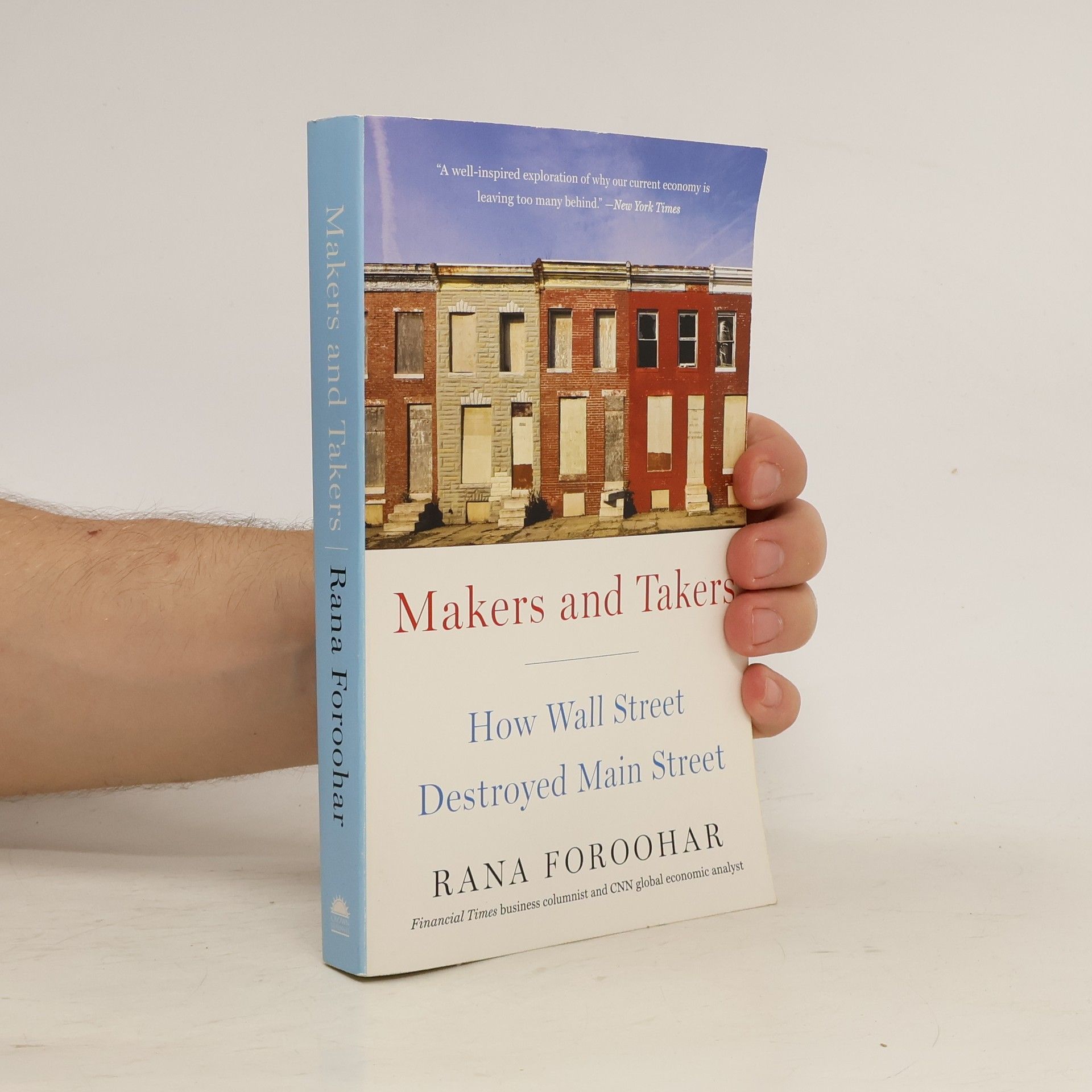Don't Be Evil
- 368bladzijden
- 13 uur lezen
Google and Facebook receive 90% of the world's news advertising spend. Amazon takes half of all e-commerce in the US. Google and Apple operating systems run on all but 1% of cell phones globally. And 80% of corporate wealth is now held by 10% of companies - the digital titans. How did these once-idealistic and innovative companies come to manipulate elections, violate our privacy and pose a threat to the fabric of our democracy? Through her skilled reporting and unparalleled access, Rana Foroohar reveals the true extent to which the 'FAANG's (Facebook, Apple, Amazon, Netflix and Google) crush or absorb competitors, hijack our personal data and mental space and offshore their exorbitant profits. What's more, she shows how these threats to our democracies, livelihoods and minds are all intertwined. Yet Foroohar also lays out a plan for how we can resist, creating a framework that fosters innovation while protecting us from the dark side of digital technology.



